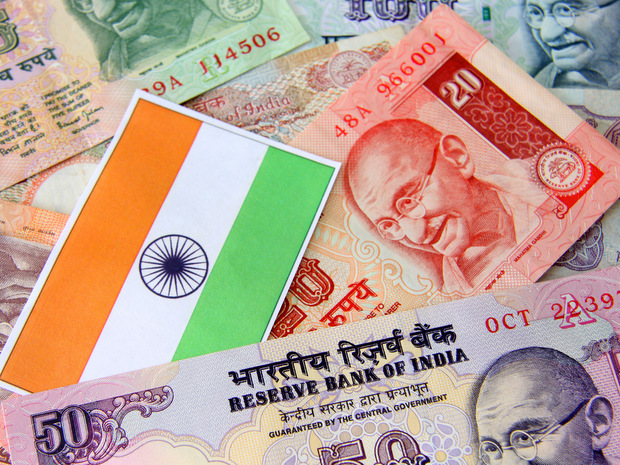Chinese firms still hopeful in 'difficult' Indian market

Chinese investors are facing several challenges trying to break the India market, but remain willing to struggle through in hopes of tapping the latter's huge potential.

According to a China Daily report Tuesday, Chinese companies have been frustrated with their business experiences in India where they have had to deal with long approval process and difficulty in implementing projects.
In an interview with Lu Yuanqing, who oversees the Indian operations of Shanghai Urban Construction Group (SUCG), China Daily reported that the construction company faced delays because they had to wait for the necessary government approvals. It had won the contract to build part of a tunnel which will form a new subway in downtown New Delhi. SUCG also is the key constructor of Shanghai's 349 kilometer subway network, and is one of the main contractors for subway tunnels in Singapore.
The company needed approval from India's railway authority to drill under the railway line, which lay above the tunnel, due to concerns tunneling work would cause the railways to sink. It has waited three months and still has yet to hear back from the local authority to continue its construction. Lu said approval has been withheld even though the subway line is a government project and the tunneling would pose "absolutely no risk" to the railway.
He added that millions of dollars could be lost if SUCG was unable to finish construction on time but its hands were tied.
Lu also alluded to how "extremely difficult" it was to obtain work visas for SUCG's Chinese employees--a process that could take up to two years and where rejection was a likely outcome. In fact, he said the company's Indian operations almost ended in 2009 when Indian immigration authorities started a campaign in which many Chinese employees who worked in the country on business visas were sent home.
He noted such uncertainties over work visas prevented SUCG from establishing long-term business plans in India. "We are contributing to the Indian economy. I don't know why they treat us like this," Lu said.
Strained but improving bilateral relations
According to China Daily, the construction company had been able to secure contracts in India primarily because of its partnership with Larson & Toubro, which is the largest engineering and construction business in India and one that has close links with the Indian government.
The report also noted that Chinese companies faced a tougher time in India because the country was on the same list as Afghanistan, Bangladesh, and Pakistan which were labeled unfriendly nations to India. This typically resulted in longer government processes compared to Japanese organizations, for instance, which company registration in India was automatic and would not usually take months.
In spite of the tough market relations, bilateral trade ties between China and India have been improving, according to China Daily, which noted both countries enjoyed US$66 billion bilateral trade last year and this figure was projected to hit US$100 billion by 2015.
At the 2012 BRICS summit in New Delhi, in a conversation with Indian Prime Minister Manmohan Singh, then-Chinese president Hu Jintao pledged "China's unswerving policy to develop Sino-Indian friendship".
China Daily quoted Li Jian, secretary-general of the New Delhi-based Chindia Chamber of Commerce and Industry, to say: "[Chinese companies in India] have encountered a lot of problems, but most of them won't go back home easily because they believe things will get a lot better along with Indian development." The Chamber represents over 110 Chinese businesses in India.
Lu agreed, noting that SUCG had chosen to remain in India--despite making little profits--in hopes of tapping the great market potential. "We are hanging in there and hoping for the best.